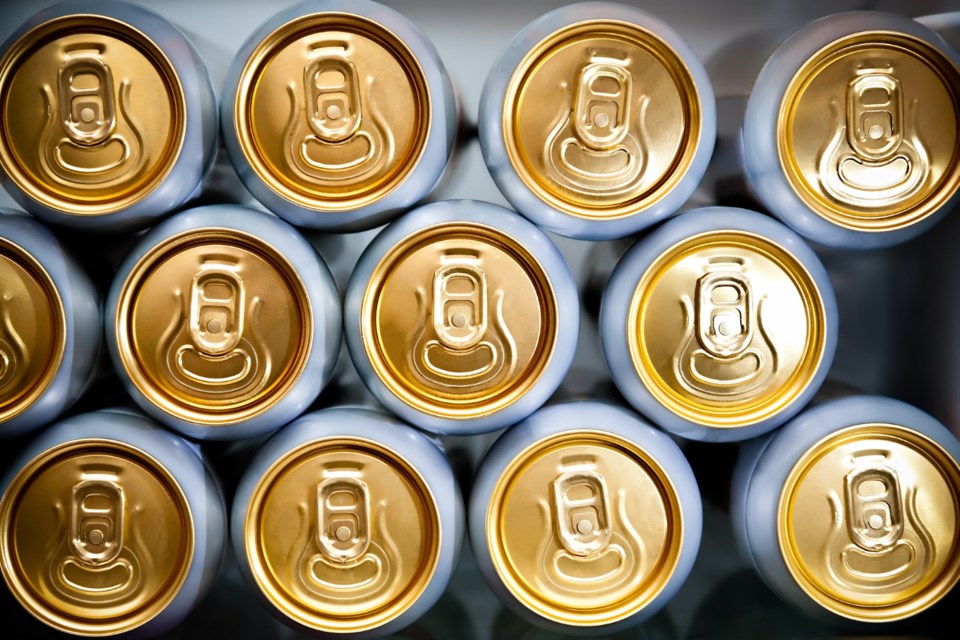SASKATOON — Canada’s brewers are asking the federal government to refrain from punching an industry that is already on the ropes.
They want Ottawa to reconsider its looming 4.7 percent increase in the beer excise tax scheduled to take effect April 1. It would be yet another jab to an already reeling domestic beer sector, said Peter Watts, managing director of the Canadian Malting Barley Technical Centre.
The excise tax increase is tied to the inflation rate. That was manageable in periods of normal inflation but in today’s environment it is resulting in hefty annual increases, he said.
Last year’s rate increase was supposed to be 6.3 percent, but Ottawa took pity on the sector, capping it at two percent just before the April 1 budget announcement.
Beer Canada is calling for either a pause in the excise tax or another two percent cap in 2024.
The Canadian Craft Brewers Association (CCBA) is going a step further. It wants a 50 percent reduction in the excise tax for Canadian brewers with up to 500,000 hectolitres of production. (There are 100 litres in a hectolitre.)
Watts said Canada’s craft brewers, who are responsible for 24 percent of all the beer produced in Canada, have been particularly hard hit by tough times in the sector.
The CCBA estimates that 10 to 12 percent of the country’s craft breweries closed their doors in 2023 due to escalating costs, a downturn in the hospitality sector and a shift in consumer spending back toward discounted “big beer.”
“That’s pretty substantial,” said Watts. “It’s a challenging time for sure for the craft brewing industry in particular.”
But the entire beer industry is hurting. Sales in Canada fell to 19.3 million hectolitres in 2023, a 48-year low. Watts said there has been a 10 percent decline in demand in just the last two years.
“It’s the talk of the town in our industry,” he said.
People are drinking less due to health concerns and there is more competition from products like seltzers. Less volume is consumed as customers walk out of liquor stores with six craft beers instead of a dozen conventional beers, said Watts.
MarketsFarm analyst Bruce Burnett said Canada’s aging population is likely another factor. But he agrees that the rise of alternative products like White Claw, popular with younger consumers, is taking a toll.
“When I was growing up, it was beer, beer or beer, but now there’s all sorts of stuff,” he said.
Watts said taxes are another part of the problem. The myriad of federal and provincial taxes account for 46 percent of the price of a bottle of beer, he said.
The excise tax on beer containing more than 2.4 percent alcohol by volume was $35.52 per hectolitre in 2023, which amounts to about 12 cents per bottle.
So, a 4.7 percent increase in that tax wouldn’t be the end of the match, said Watts, though it is just one more uppercut against an industry already on the ropes.
A freeze or cap on the excise tax show federal government support and recognition that the beer industry is suffering, he said.
So is the malting industry, which supplies the raw material to make the beer.
Domestic brewers buy about 350,000 tonnes of malting barley annually, or about 15 percent of the two to 2.5 million tonnes selected from Canadian growers each year.
Maltsters are also facing reduced demand from international customers.
Watts said it all trickles back to barley farmers, who are already dealing with the loss of a “huge chunk” of the Chinese market due to renewed competition from Australia.




